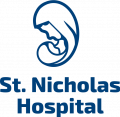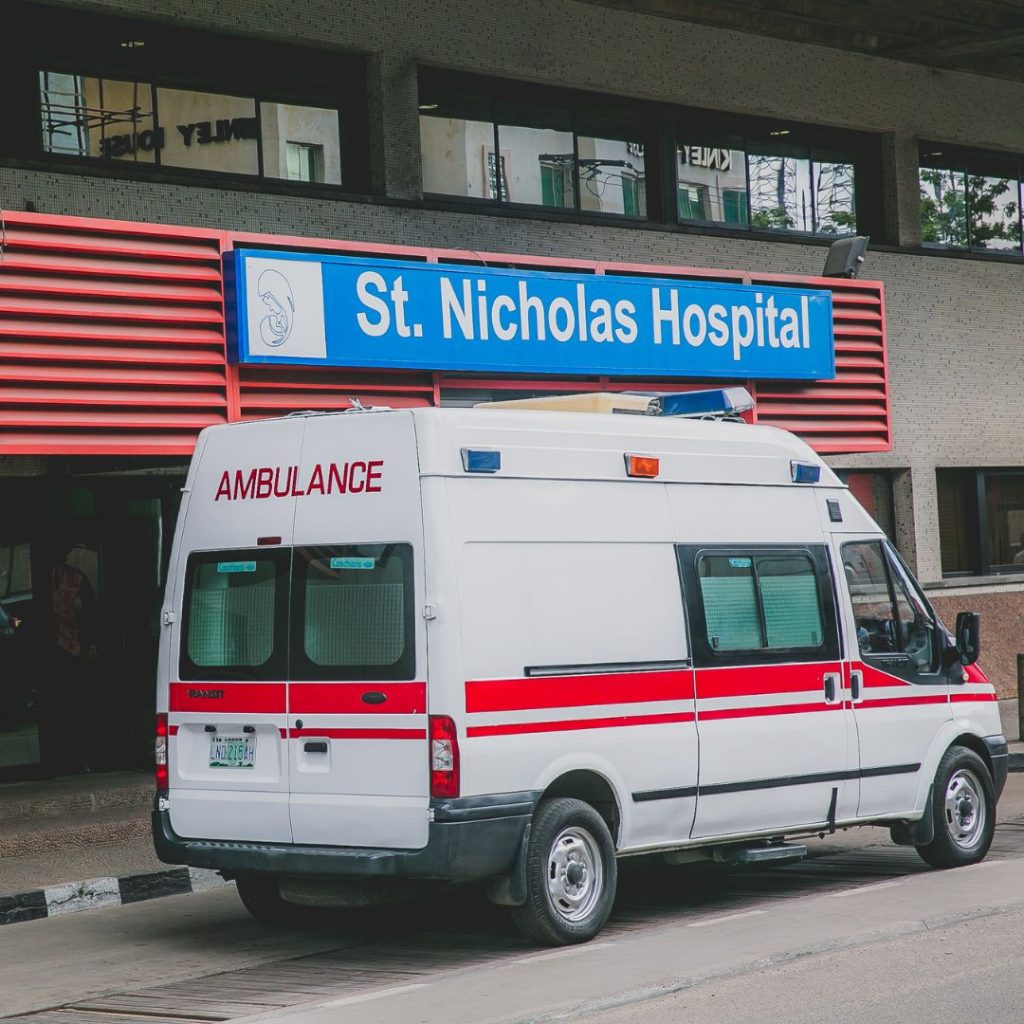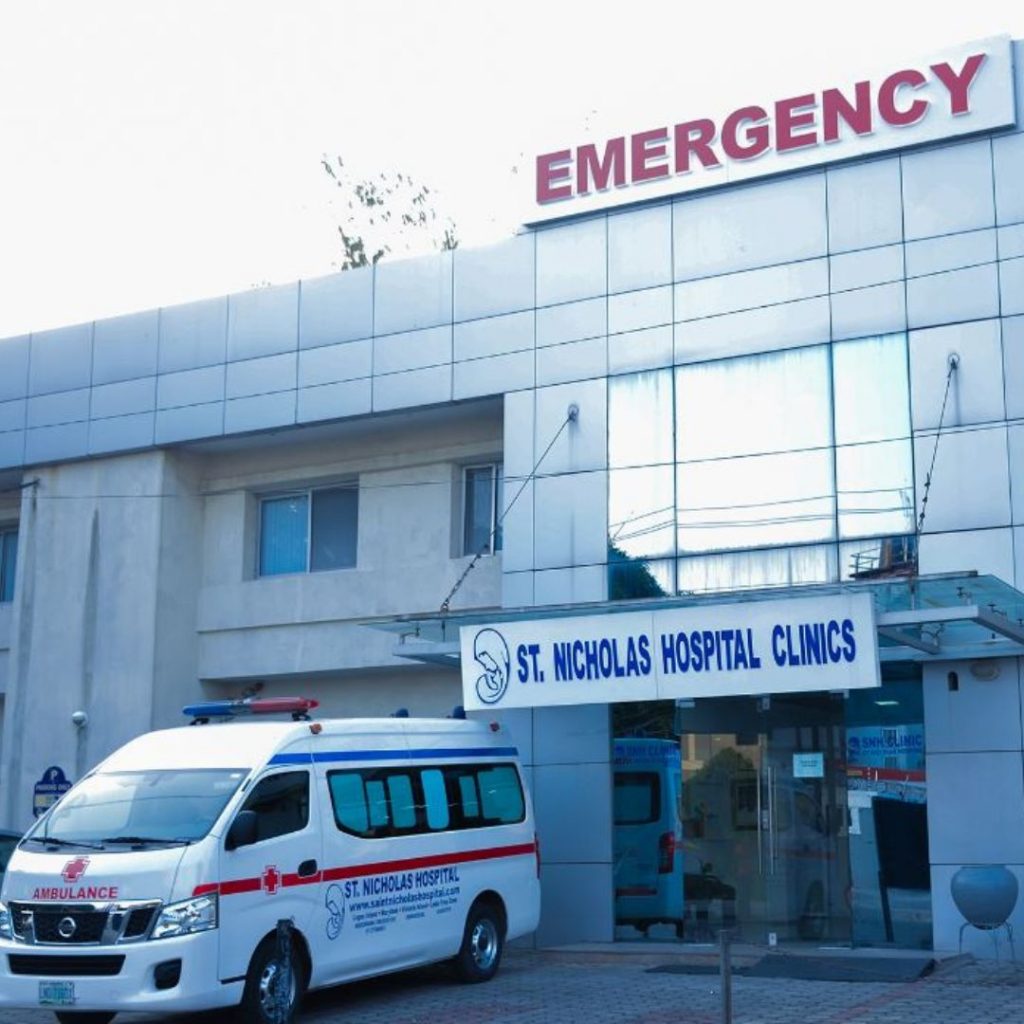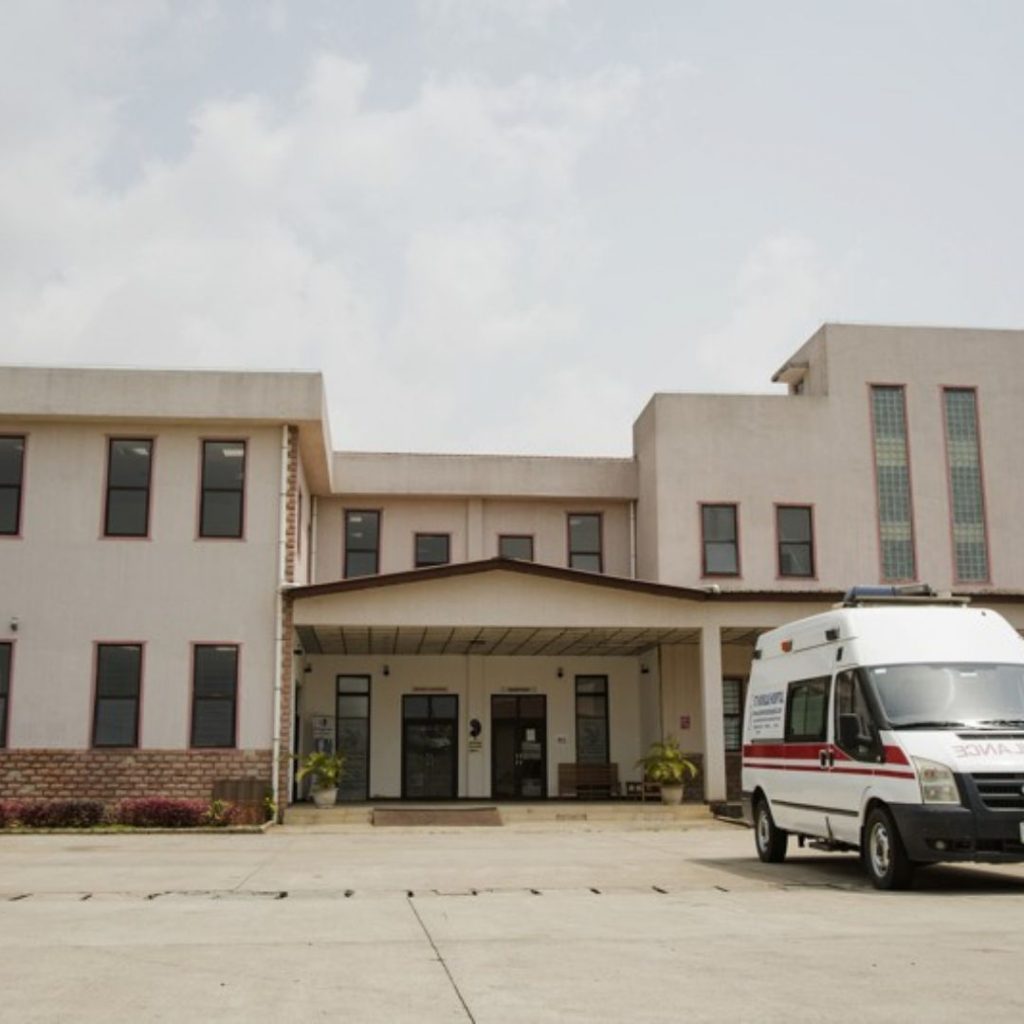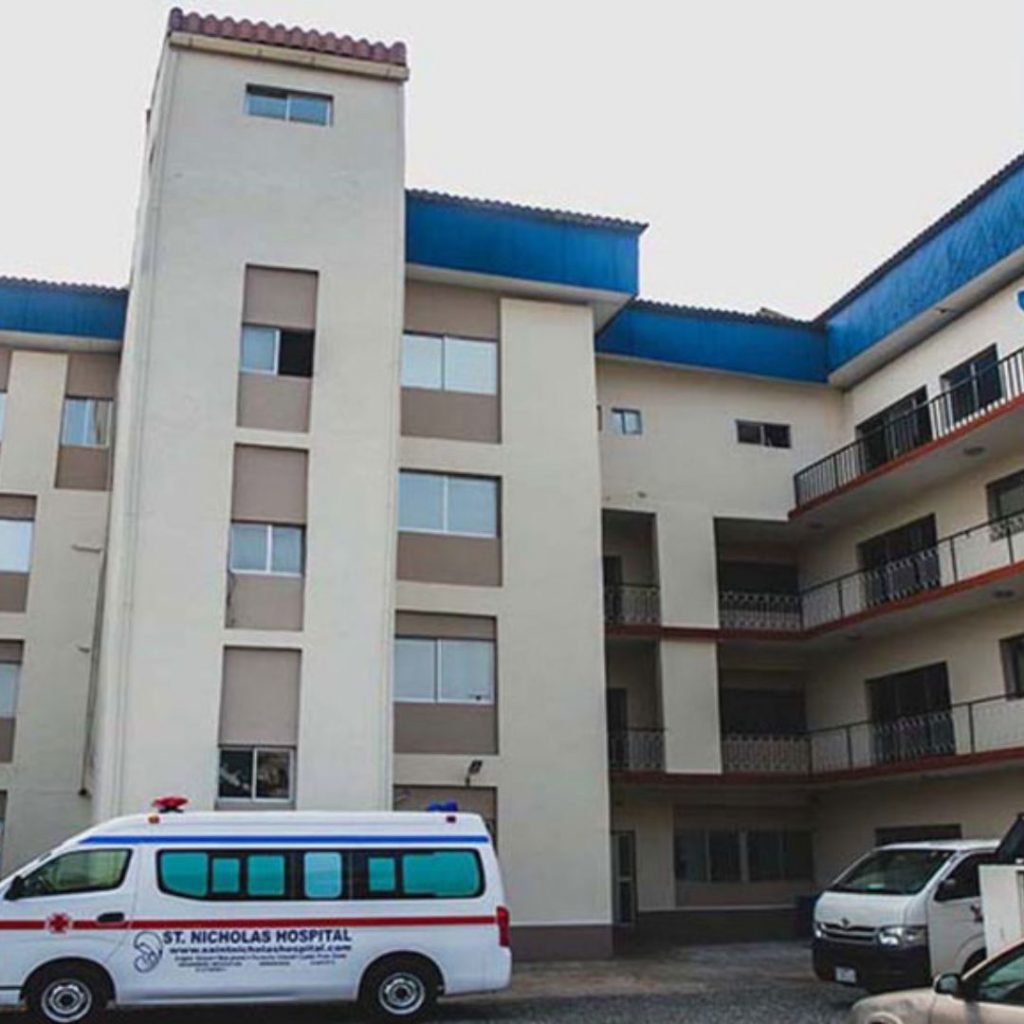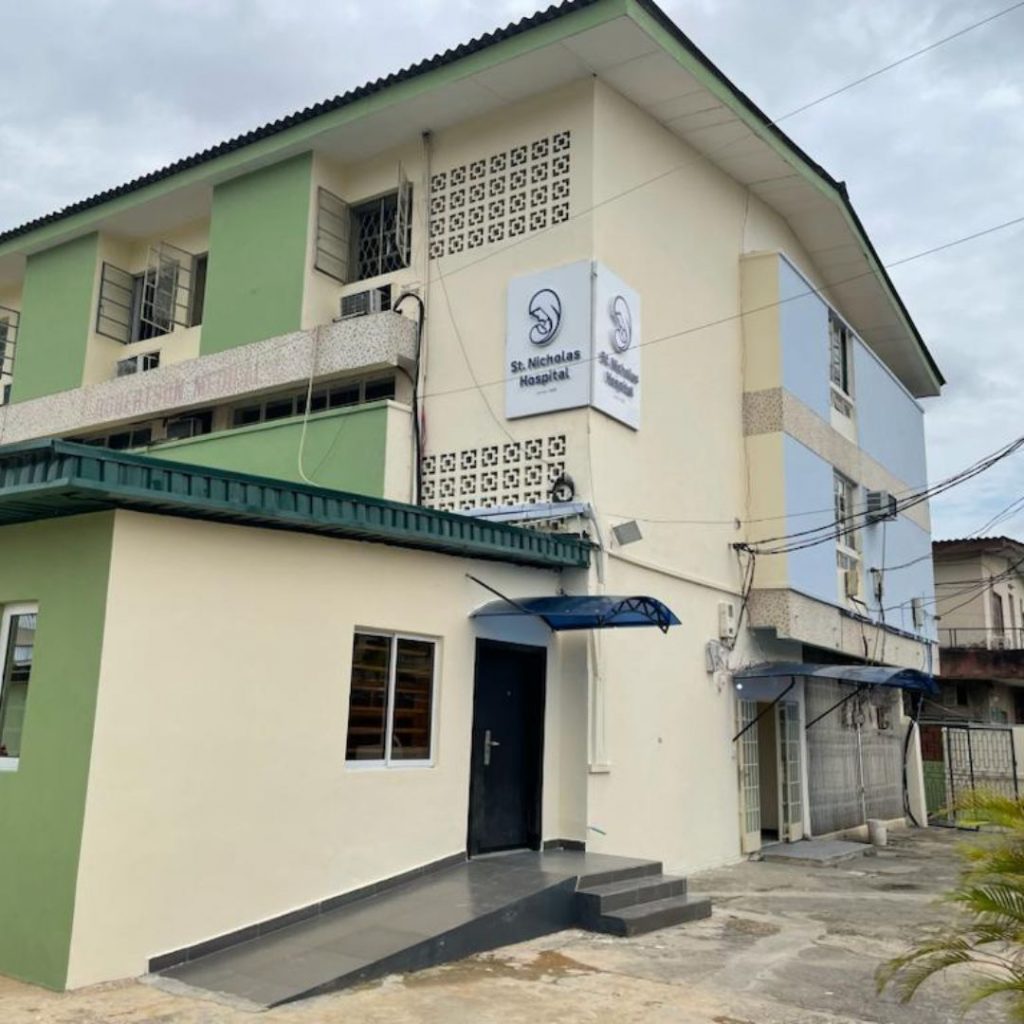Intensive Care Unit
Also known as Critical Care Unit (CCU), it provides intensive care treatment to patients with severe and life threatening illness and injuries that require close monitoring and support. Our team consisting perioperative and anaesthetic nurses as well as our intensivist are in charge of the specialised care required for patients in the ICU.
St. Nicholas Hospital ICU has a higher staff-to-patient ratio and access to advanced medical resources, which results in good patient outcome.
St. Nicholas Hospital ICU caters to specific medical specialties, such as those listed below:
- Paediatrics intensive care: Paediatrics patients are treated in this intensive care unit for life-threatening medical problems such as asthma, diabetic, or traumatic brain injury. Congenital heart disease are cared for Paediatrics cardiac intensive care units, where patients with congenital heart disease are cared for.
- Coronary care: Also known as Cardiac Intensive Care or Cardiovascular Intensive Care Unit (this caters to patients specifically with life-threatening acute conditions such as cardiac arrest.
- Neurological intensive care: Patients here are treated for an eurysms, brain tumors, stroke, snake bites and post-surgical patients who have undergone various neurological surgeries and require hourly neurological exams.
- Post anaesthesia care: Also known as the post-operative recovery unit, or recovery room, provides immediate post-op observation and stabilization of patients following procedures.
Patients are usually held in such facilities for a limited amount of time, and must recover fully before transfer back to a ward, if the patient is unstable, they are normally transferred to a high dependency unit or post-operative critical care unit for closer observation.
If a patient requires close observation, treatment and nursing care that cannot be provided on a general ward, we transfer to high dependency unit.- Surgical Intensive Care: An inpatient surgical service catering for critically ill patient.
